Just over a week after President Mohamed Bazoum was ousted, Nigeriens are already feeling the economic pain as prices of goods skyrocket.
In the bustling southern Niger city of Maradi, about 40 kilometers from the Nigerian border, Moutari was shocked by the skyrocketing price of rice after the coup. He said the price of rice went from 11,000 CFA francs ($18.30) a bag to 13,000 francs in just a few days.
"I still have enough money to buy rice, but I feel worried for the poorest. The coming days will be very difficult. We can only pray that everything will be fine," he said.
The Economic Community of African States (ECOWAS) imposed severe sanctions on Niger on July 30 in response to the coup, including closing its borders.
This has further strained the plight of Niger, one of the world’s poorest countries. The West African nation is already dependent on imports, including key commodities such as rice. Because of its landlocked location, imports are often transported overland through neighboring countries.
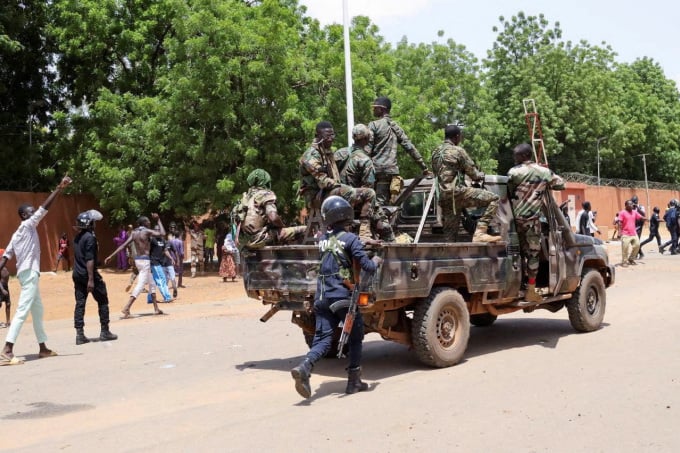
Niger security forces disperse protesters outside the French embassy in Niamey on July 30. Photo: Reuters
The coup-backed Niger government reopened its borders with several neighboring countries on August 1 after closing all borders and airspace on the day of the overthrow of President Bazoum on July 26. People and goods can travel to Algeria, Libya and Chad, which are not members of ECOWAS, as well as the two ECOWAS members who supported the coup, Mali and Burkina Faso.
But key borders with Benin and Nigeria remain closed due to ECOWAS sanctions. The Atlantic ports of these two countries are vital for Niger to import and export goods, according to Abdoul Aziz Seyni, an economist at the University of Niamey.
"We are not a country with access to the sea. Everything we buy goes to the ports of neighboring countries and then is transported to Niger. So the closure of these countries' borders has a huge impact on the socio-economic life of Nigeriens," Seyni said.
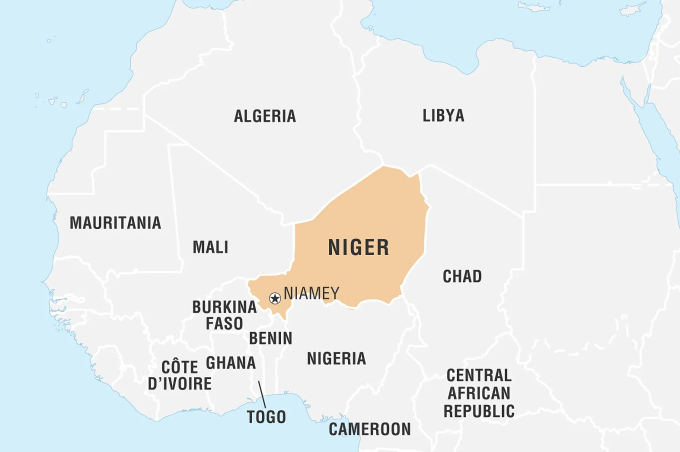
Location of Niger and neighboring countries. Graphic: AFP
Moussa Halirou, a passenger driver on the Maradi-Nigeria route, has felt the pinch since the border with Nigeria was closed. Black market fuel prices have skyrocketed, cutting into his profits. Before the coup, he paid 350 Nigerian naira (about $0.45) for a liter of gasoline, but now it costs 620 naira.
Halirou said that even when he increased his fares to compensate for fuel costs, he still only made about 4,500 naira per trip.
Before the coup, about 1,000 vehicles traveled between Benin’s port of Cotonou and Niger’s capital, Niamey, each day. It was one of the busiest border crossings in West Africa. But now, there are no such trips.
"Even when the truck is loaded, it gets stuck at the border," said Salissou Idrissa, one of many drivers stuck at the Malanville border crossing, waiting to cross into Niger from Benin.
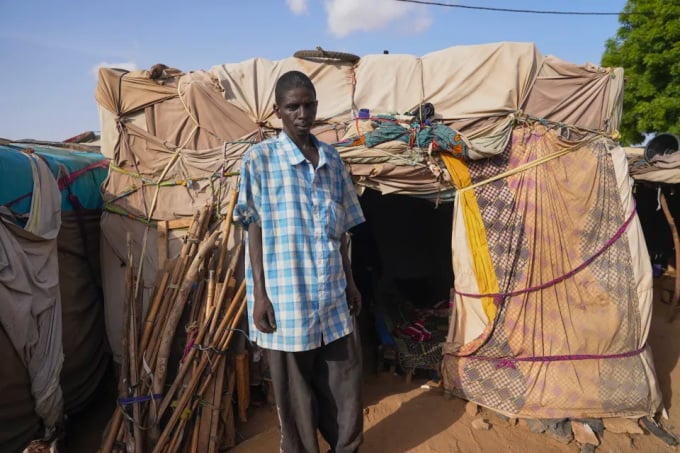
A Niger man stands in front of the makeshift tent he lives in with his family in Niamey on July 31. Photo: AP
Nigeria has cut off the electricity supply to Niger, which relies heavily on its neighbor for much of its energy. In fact, many districts had regular power cuts before the coup, with one in five Nigeriens having access to electricity, according to the World Bank.
ECOWAS sanctions have suspended trade and financial transactions between Niger and member states of the West African economic bloc. They have also frozen Niger's assets in ECOWAS central and commercial banks. The bloc has threatened to use force if President Bazoum is not restored to power.
ECOWAS comprises 15 African countries: Cape Verde, Gambia, Guinea, Guinea-Bissau, Liberia, Mali, Senegal, Sierra Leone, Benin, Burkina Faso, Ghana, Ivory Coast, Niger, Nigeria and Togo. However, Mali and Burkina Faso, two countries currently under military rule, were suspended from ECOWAS following coups.
Nigeriens have difficulty coping with soaring prices amid economic and political instability. With two-thirds of the country covered by desert, Niger has suffered severe drought and has little arable land. About 4.3 million people, or 17% of the population, rely on food subsidies.
The country receives $2 billion in official development assistance each year, with about 40% of the government budget coming from foreign aid.
A UN spokesman said humanitarian operations were not disrupted. But some of Niger's biggest donors, including the European Union (EU), Germany, France and Britain, have cut various types of development aid and budgets following the coup.
Although the coup has made Niger's plight worse, some people support the change. "Nigerians cannot live as before. It's time for change. And change has come," said Seydou Moussa, a coup supporter in Niamey.
Meanwhile, some expressed concern about the future. "Most households are hoarding things. In just a few days, some things have increased in price by 3,000 to 4,000 CFA francs ($5 to $6). Will it be the same in a month?"
Thanh Tam (According to DW, AP )
Source link






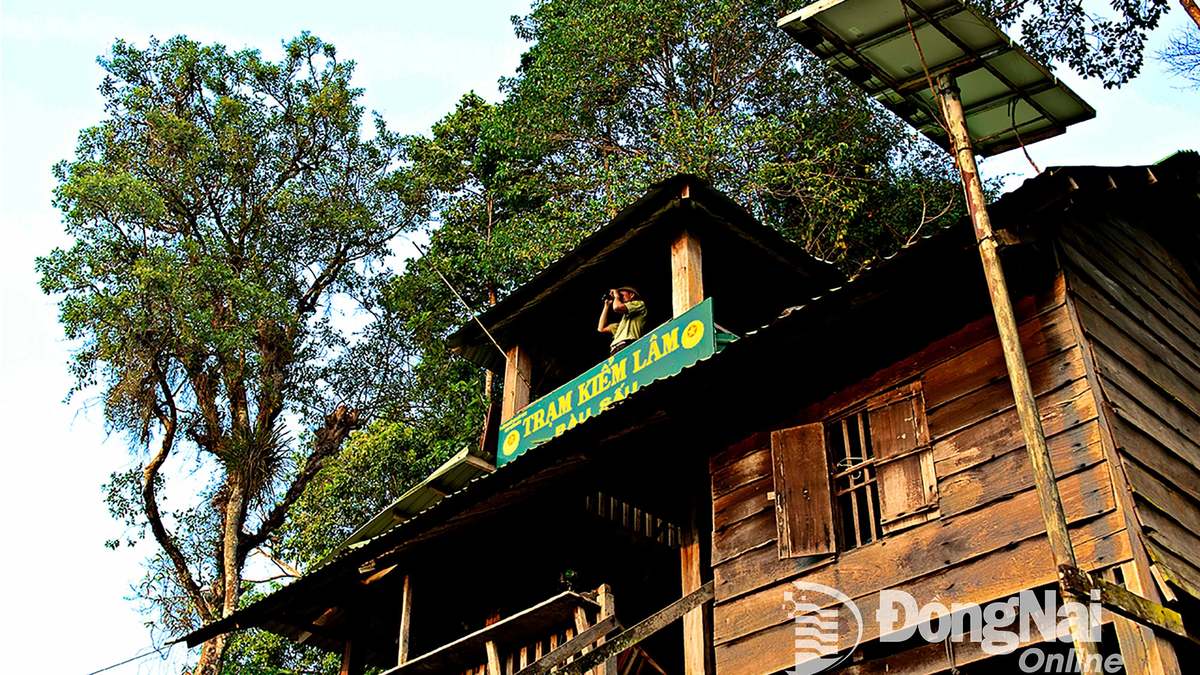
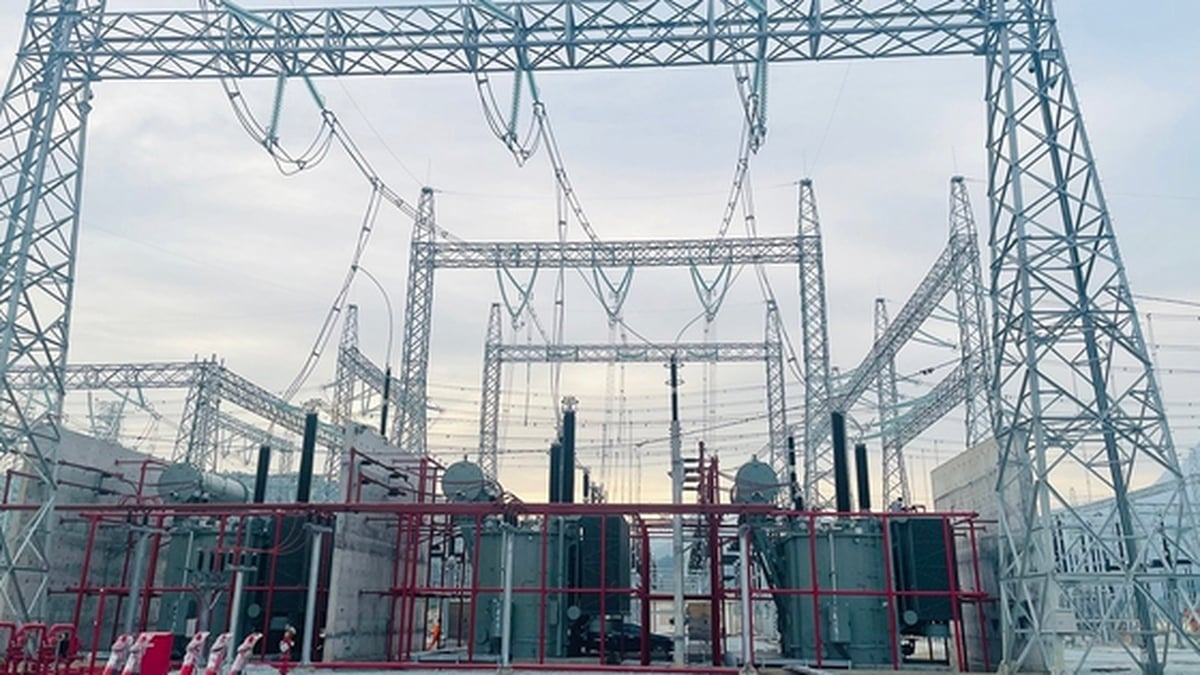

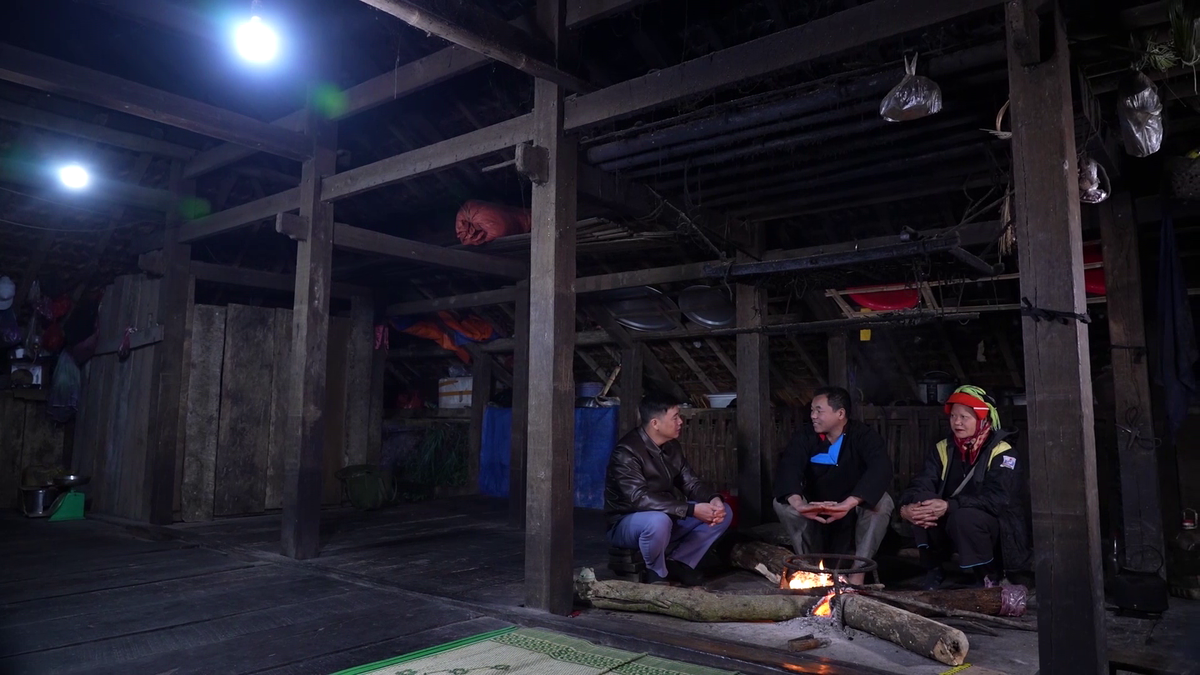




















































































![[Infographic] In 2025, 47 products will achieve national OCOP](https://vphoto.vietnam.vn/thumb/402x226/vietnam/resource/IMAGE/2025/7/16/5d672398b0744db3ab920e05db8e5b7d)





Comment (0)